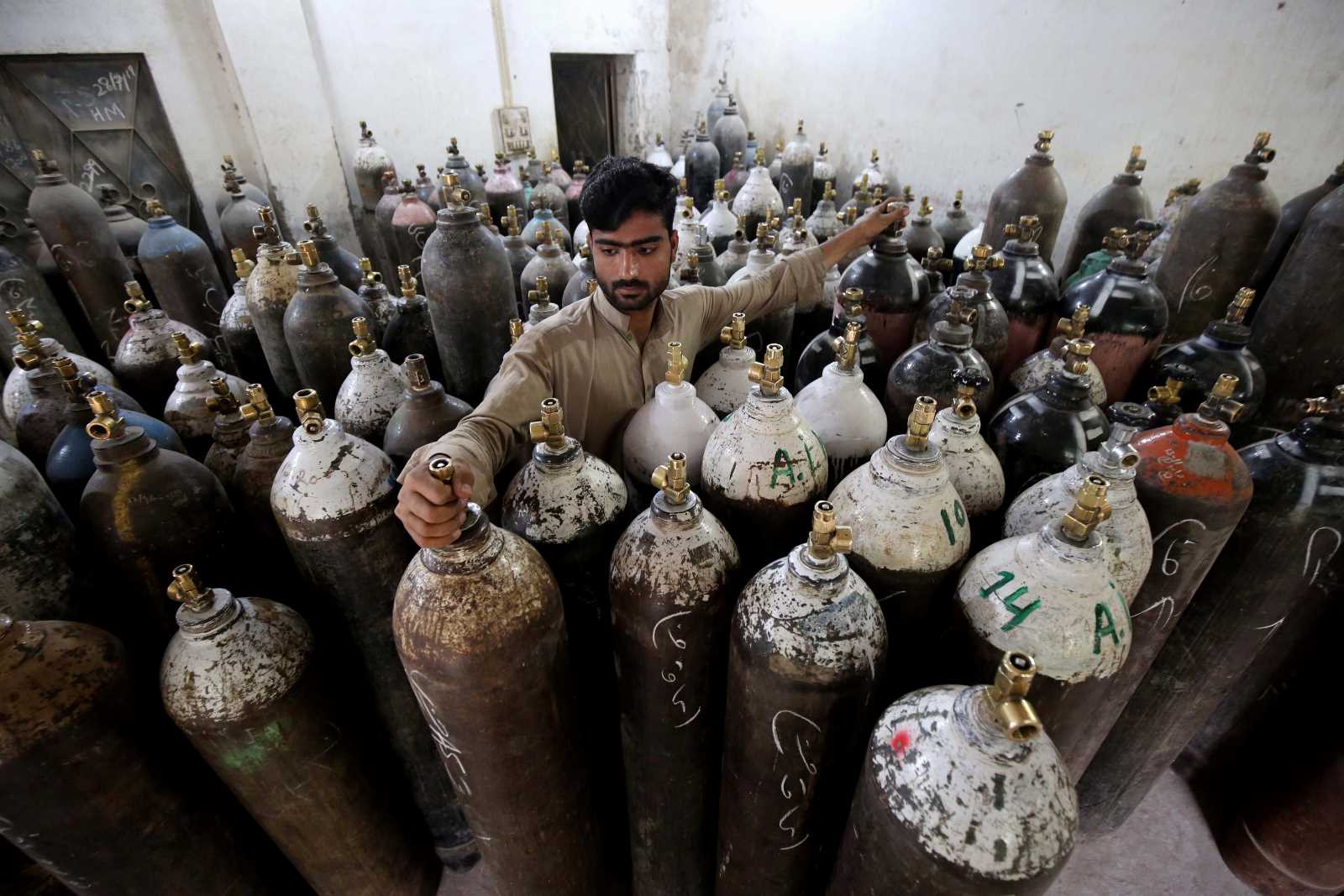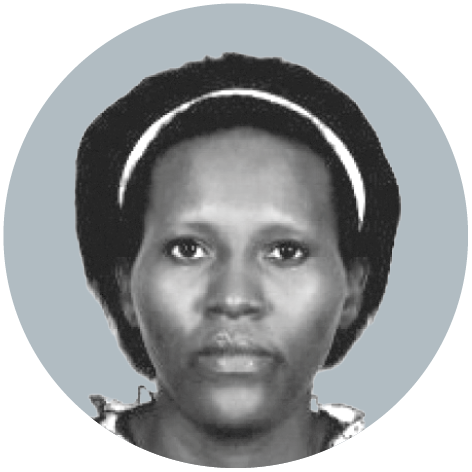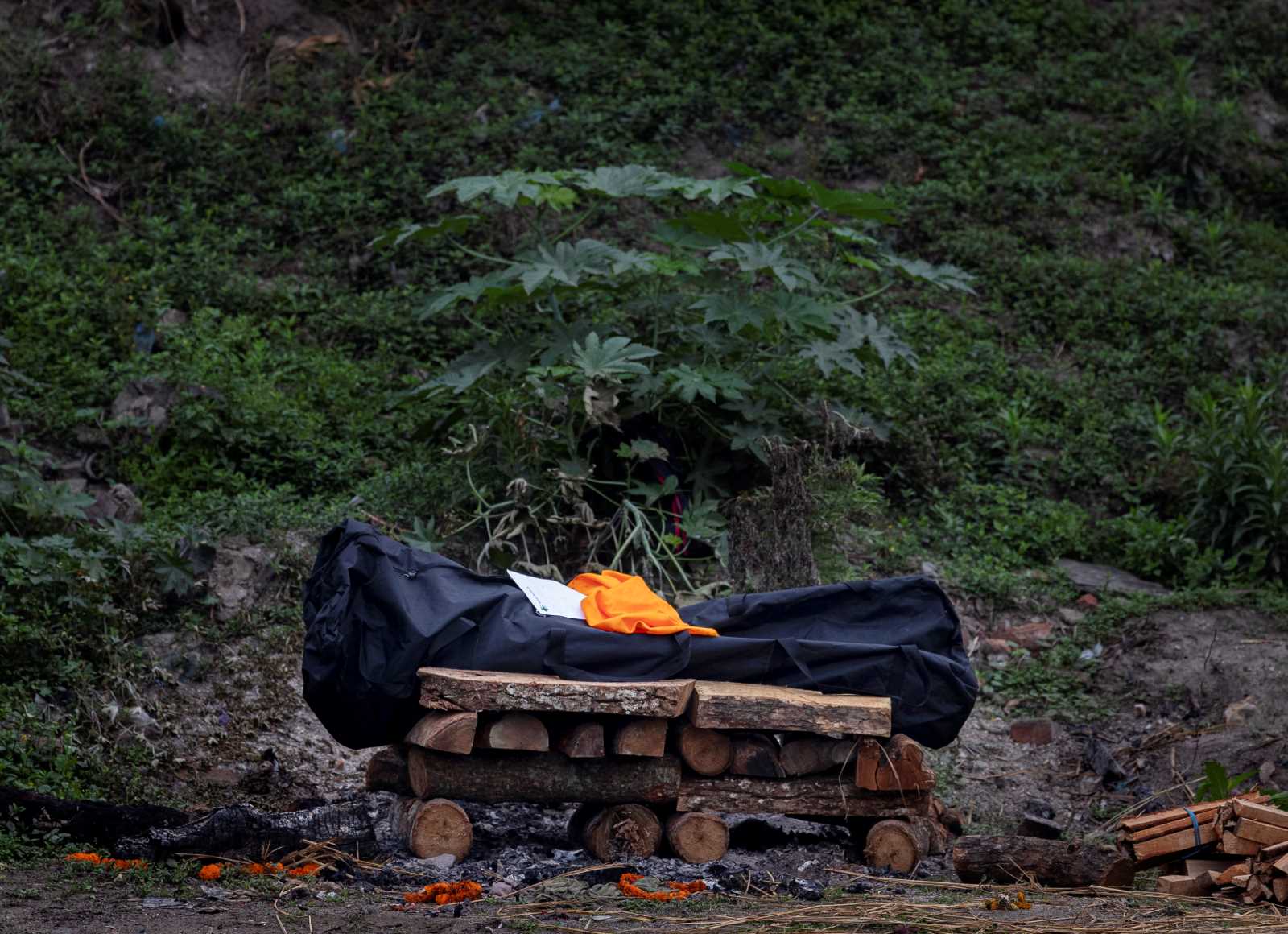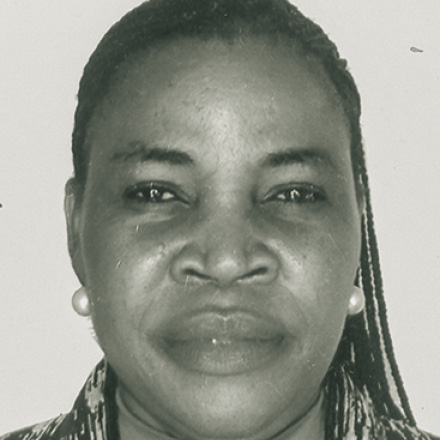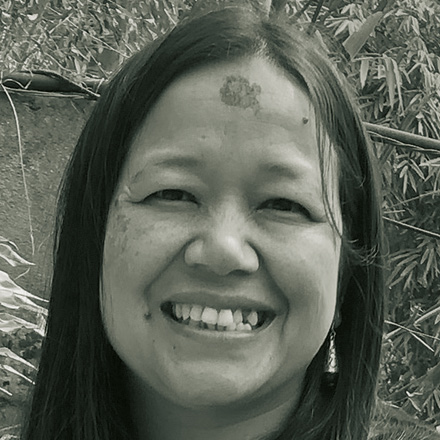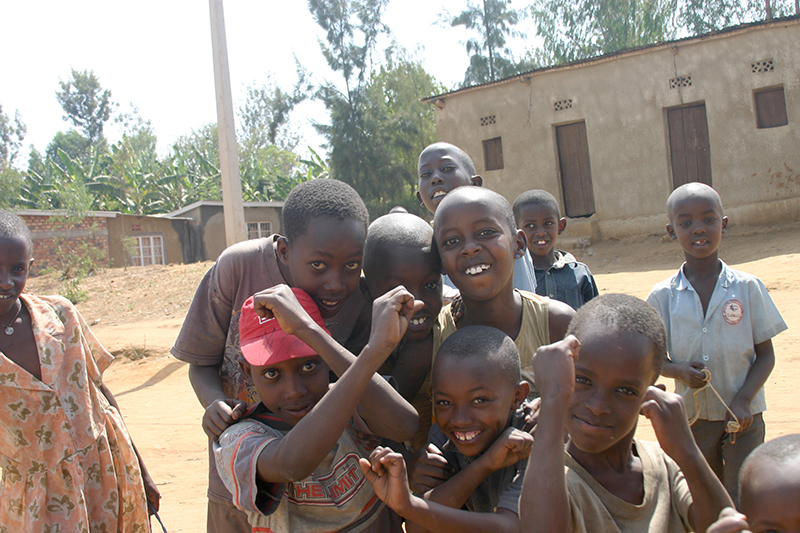Personal experiences
Covid-19 impacts worldwide
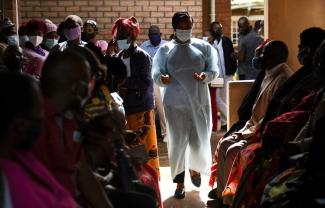
Brazil: Much harm, few benefits
For most of the poor and peripheral population in Brazil, the pandemic so far was simply cruel. Many people became unemployed and lost all perspectives in life. Too many people died. President Jair Bolsonaro made things worse by playing down the risk of the virus. Brazil did not have enough vaccine early on, for example, because he refused to buy it. To me it looked like we had no one to fight for us. I felt emotionally exhausted. However, the pandemic has also brought benefits. I was privileged enough to switch to remote work, so I saved time and was less exposed to risks of violence in Rio de Janeiro. The crisis definitely has made me – and many other Brazilians – think about how we are wasting time with stressful commuting, in jobs that do not value us and with problems that actually have a solution.
Thuany Rodrigues is a journalist based in Rio de Janeiro.
thuanyrodriigues@gmail.com
Malawi: Burying the dead
When the reported Covid-19 cases started to rise in Malawi, the government took very strict measures, including closing of offices, shops and national borders as well as social distancing. One consequence that I found particularly hard to take was the way people who had died of Covid-19 were buried. They did not receive a dignified funeral. Even relatives were not allowed to attend the burial, let alone friends and well-wishers, as it is common cultural practice. This struck me when I was attending a funeral of a former workmate, who had died of kidney failure. When I went to the burial site in Lilongwe, Malawi’s capital city, I was shocked to see the grave of another friend I had worked with. I had talked to this person only a month before he succumbed to Covid-19. Now his name is on a grave, and I did not get to bid him farewell at a proper funeral.
Raphael Mweninguwe is a freelance journalist based in Malawi.
raphael.mweninguwe@hotmail.com
Germany: Fast, courageous action is possible
Corona was traumatic for us Germans who were used to prosperity and freedom. Suddenly we were no longer allowed to meet even our closest families. That was unheard of and I went as all of us into a state of shock. On top of that we feared for our lives due to the virus. For my children, the situation was particularly bad. Despite this severe impairment of our lives, I am humbled and grateful to live in Germany. We were among the first in the world to get the life-saving vaccines and medicines and we have access to high quality medical care. I can even see a positive side to the pandemic: It has shown that quick, unorthodox action is possible. Millions of people have switched to working from home from one day to the next. This has saved a lot of carbon emissions. I think the world should keep this up after Corona: as little unnecessary travel as possible and very decisive action on the climate crisis.
Sabine Balk is a member of the editorial team of D+C Development and Cooperation / E+Z Entwicklung und Zusammenarbeit.
euz.editor@dandc.eu



